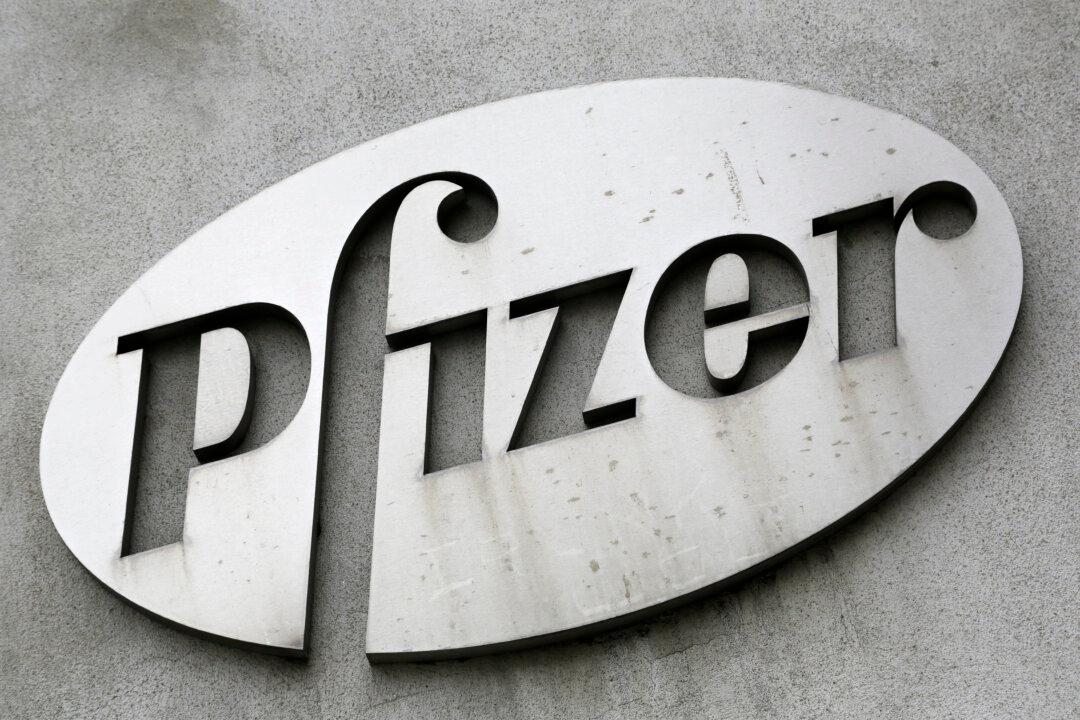TRENTON, N.J.—Pfizer, the biggest U.S.-based drugmaker, is increasing its financial assistance to patients, doubling the allowable income level for people to receive dozens of Pfizer medicines for free.
The move comes amid fierce criticism by patients and politicians, as well as government investigations, of soaring prices for new medications and even old ones with little or no competition. A few companies have been accused of price gouging. Meanwhile, a continuing wave of mergers of both brand-name and generic drug manufacturers threatens to further limit competition, the primary control on prices in the U.S.
Pfizer Inc. Chief Executive Ian Read told The Associated Press in an exclusive interview that the New York company isn’t boosting assistance due to the heightened scrutiny of prices, but because more and more patients can’t afford needed medicines.
“We’re responding to challenges patients are having,” said Read, the current board chairman of industry trade group Pharmaceutical Research and Manufacturers of America.
He cited insurance plans that shift more costs onto patients through higher medication copayments and deductibles that must be met before coverage kicks in, plus some Affordable Care Act exchange plans and insurance formularies that exclude pricier prescription drugs.
“There are people who are falling through the cracks through no fault of their own,” Read said. “As a stopgap, we’re willing to do this.”
Pfizer will make an additional 44 medicines free for both uninsured and underinsured patients earning up to four times the federal poverty level, or $47,080 annually for a single person and $97,000 for a family of four.
The new limit is double the old one under the existing Pfizer RxPathways program. Between 2010 and 2014, it helped nearly 2.5 million people get more than 30 million Pfizer prescriptions worth more than $7 billion at list prices. On average, those patients received a monthly prescription for about a year, until they obtained better insurance coverage or other circumstances changed, said Caroline Roan, Pfizer’s vice president for corporate responsibility.
Last year, the RxPathways program helped about 350,000 patients. Pfizer expects to help a few hundred thousand more than that next year.
The increased income limit pertains to many popular Pfizer brands: pain relievers Celebrix and Lyrica, smoking cessation aids Chantix and Nicotrol, severe heartburn drug Effexsor XR, the Prevnar 13 pneumococcal vaccine, Depo-Provera and other long-acting contraceptives, and erectile dysfunction pill Viagra. Nearly 20 other Pfizer medicines, including numerous expensive cancer drugs, already were free to patients making up to four times the poverty level.





